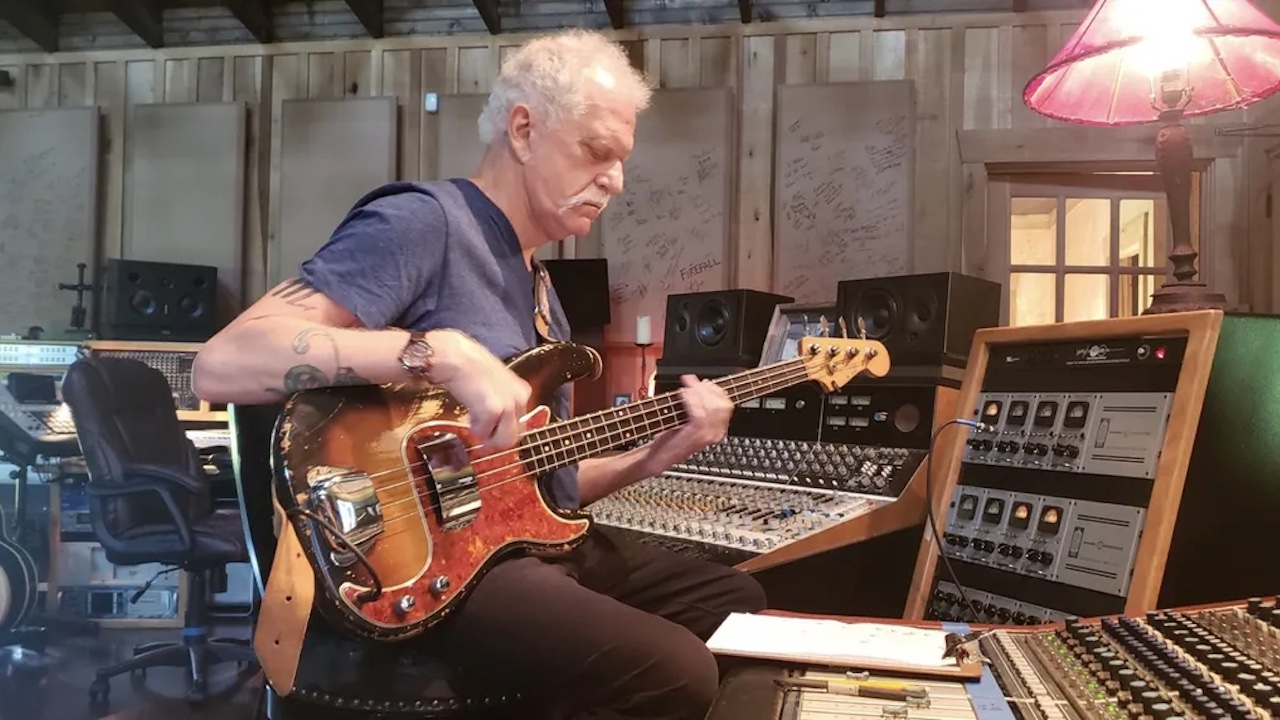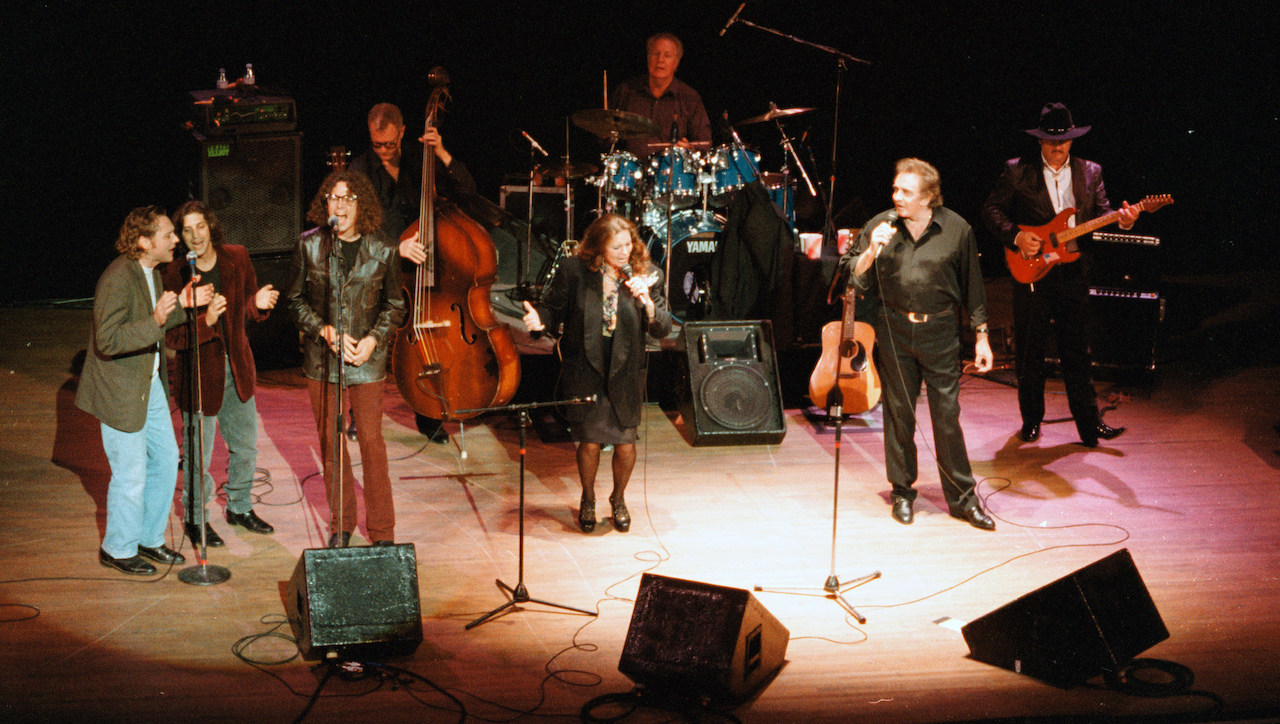“The bass world has lost a giant”: Dave Roe, the all-rounder who played with Johnny Cash, has died aged 71
As the last member of the Tennessee Three, Dave Roe defined the groove of Nashville's country music scene

Dave Roe, one of the most sought-after bass players in the country music industry, has died aged 71. Roe passed away at his home in Goodlettsville, Tennessee. The news was confirmed in a heartfelt post shared on Facebook by John Carter Cash.
“The master who made the dream a reality has had his time here on this earth,” read the statement. “We will have numerous recordings of his wondrous bass playing to keep us company, but I for one will miss the man.”
Fellow bass player and American Federation of Musicians Vice President Dave Pomeroy also paid tribute to Roe.
“He never took himself too seriously, which was a real strength. Whether it was the 12 South Tap Room or Madison Square Garden, he had a sense of commitment to the music that made it possible for him to live in all these different universes. He absorbed all that from Johnny Cash, but he didn’t hang on to it. He shared his knowledge with everybody who needed it.”
“Playing with Dave on stage was like working with Godzilla,” said guitarist Guthrie Trapp, who played with Roe on Lower Broadway in the Don Kelley Band. “He was a real cat – a master musician. Whenever it was time to play the bass, it was game on. No hem-hawing around. It was going to be up in your face. He really knew how to subdivide that beat and make it a funky, groovy thing, almost more of a Willie Dixon inspired vibe rather than a rockabilly machine gun.”
Although Roe had been a Tennessee resident for years – the obvious place to be if you’re a session musician in the country field – he was born and raised in what is probably America’s most un-country and western state.
As he once told Bass Player, “I grew up about 40 miles away from Honolulu in Hawaii. Back then you mostly had Led Zeppelin cover bands and whatever playing there, but I studied jazz and funk, and I was really deeply into it by the end of the '70s.
All the latest guitar news, interviews, lessons, reviews, deals and more, direct to your inbox!
“I also liked roots music, though, much to the chagrin of my fusion friends – who were among the most close-minded people I’ve ever known! – so I moved to Nashville, and the first week I was here I got a gig with Jerry Reed. I walked into it. The timing was right.”
Roe described himself back then as “just another guy who banged around on an electric bass”, but that didn’t stop him playing with Chet Atkins and others before scooping a job with Johnny Cash. “He was introduced to my dad in the late 1980s,” wrote John Carter Cash. “Dad gave him a chance. He went on to become one of the best slap bass players in the world.”

“Dave was best known as Johnny Cash's bass player, but he went on to play on over 500 albums,” said country music award winner, Ira Dean. “He was not just the best rock-a-billy upright bass player I ever heard, but an amazing friend.”
Following his tenure with Cash, Roe manned the bass behind artists of the stature of Faith Hill, Dwight Yoakam, John Mellencamp, CeeLo Green, Chrissie Hynde, Ray LeMontagne, The Black Keys’ Dan Auerbach, and Gretchen Peters.
“I'm so sad to hear that our friend and musical cohort Dave Roe is gone,” said Peters. "Dave played on my last three records, and filled up the room, with his bass and his personality. We'll miss him so much.”

Nick Wells was the Editor of Bass Guitar magazine from 2009 to 2011, before making strides into the world of Artist Relations with Sheldon Dingwall and Dingwall Guitars. He's also the producer of bass-centric documentaries, Walking the Changes and Beneath the Bassline, as well as Production Manager and Artist Liaison for ScottsBassLessons. In his free time, you'll find him jumping around his bedroom to Kool & The Gang while hammering the life out of his P-Bass.
